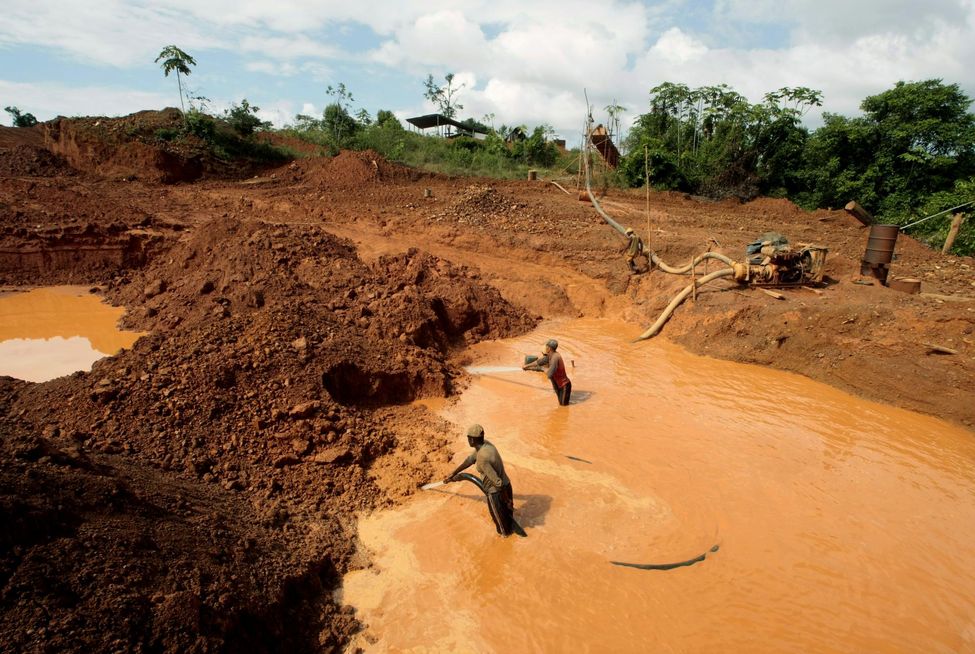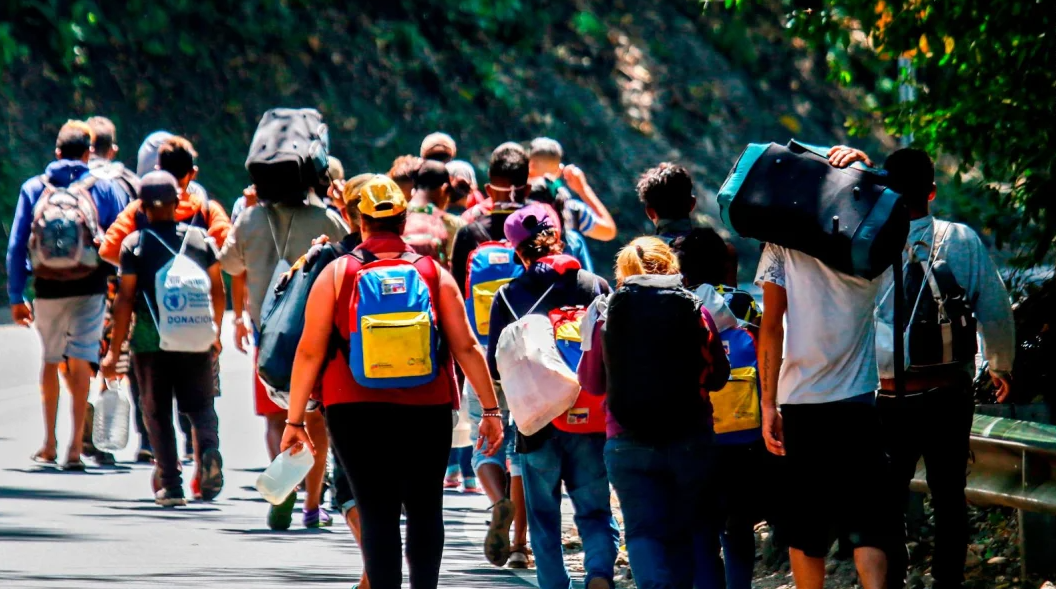United Nations High Commissioner for Human Rights, Michelle Bachelet, arrived on Wednesday 19 July to Venezuela for a 3-day visit. On Thursday afternoon, the High Commissioner, human rights organizations and multiple victim groups met. In this space of one hour, 26 spokesmen were able to make requests to the High Commissioner. 20 of these interventions are registered in this document, which represents an overview of the activists’ demands for the human dignity of the country in a context characterized by the lack of democracy, increase in poverty and forced migration.
Below is one of such interventions.
The sustained health crisis since 2004, turned into a humanitarian emergency in 2015 has undermined the right to healthcare and to live of Venezuelans.
Children, adolescents, women, men, members of the LGBT community and the elderly with chronic diseases have had no access to diagnosis and treatment for three years now, under a generalized condition of extreme poverty, and psychological/physical trauma of the whole population, due to violence.
Some alarming indicators are:
- Since 2014 there is no published data about healthcare services and in 2016 all epidemiological statistics stopped being published.
- 80% of the population has no access to public healthcare centers, due to the dismantling of the healthcare system.
- 70% of people under chronical conditions are in risk of developing disabilities or severe worsening of their health, putting their lives in risk.
- Only a small number of people have access to diagnosis in the few private clinics available and, those who can, seek treatment through internal or international migration.
- Doctors in public hospitals face precarious working conditions and frequently have no means of saving the lives of patients who need urgent medical services.
- 56 doctors of 11 states of the country have been targeted, abused and persecuted over demanding the right to healthcare of people who attend to public hospitals, according to Médicos Unidos Venezuela (United Doctors Venezuela).
Although it has already been reported to your office, we would like to update some statistics:
The Venezuelan Association for Hemophilia reports that:
- 70% of the five-thousand people with Hemophilia have suffered irreversible damage.
- 8 people have already passed away due to hemorrhages in 2019 and 300 have emigrated from the country.
- The Asociación de Amigos Transplantados de Venezuela (Association of Friends with Transplants of Venezuela) reports that in 2019 there have been shortages in medicines.
- 6 people who received transplants have died due to organ rejection.
- Ten-thousand people are receiving hemodialysis.
- Almost four-thousand people have stopped receiving dialysis according to Social Security, the majority due to death, according to complaints filed by relatives.
FUNCAMA reports:
- More than three-thousand cases of breast cancer have been diagnosed, with no access to treatment.
- 90% of diagnoses are made late and can only be performed in private healthcare centers.
- The supply deficit of oncological medicines is estimated at 90% and 95% of radiotherapy units are currently out of service.
- Weekly, 2 women with breast cancer passes away.
- Venezuela has no VPH vaccine stocks available.
- 70% of children with cancer pass away and 20% migrate.
- Around 18 million people with some medical condition have no access to medicines and more than 300 thousand with severe chronical diseases have no alternative but to await death. We urgently request the mediation of the Office of the High Commissioner for Human Rights with Venezuelan authorities and all relevant organisms of the United Nations to preserve the lives of all these people and put a stop to greater human suffering, as a mandate and as an imperative obligation.




